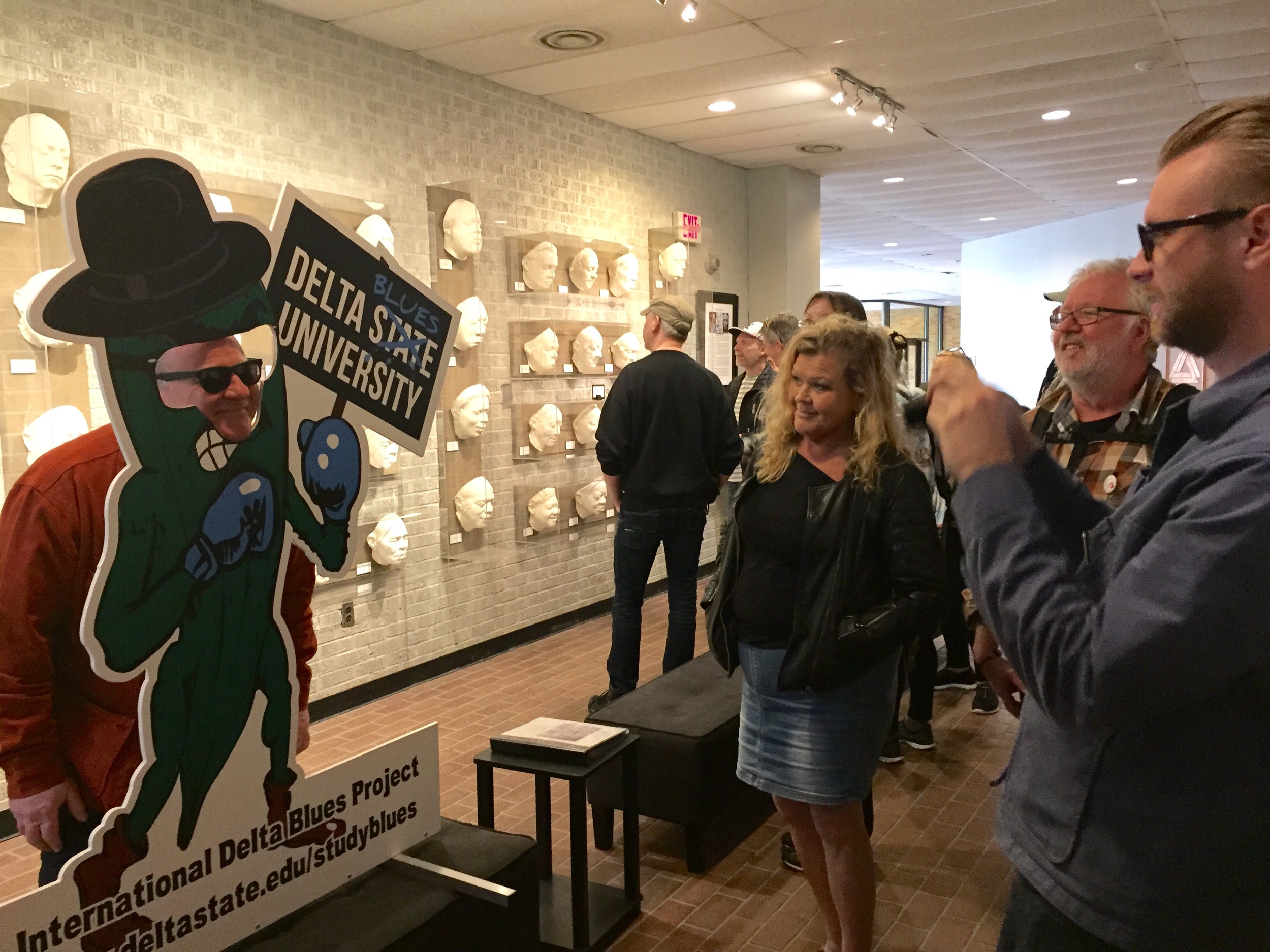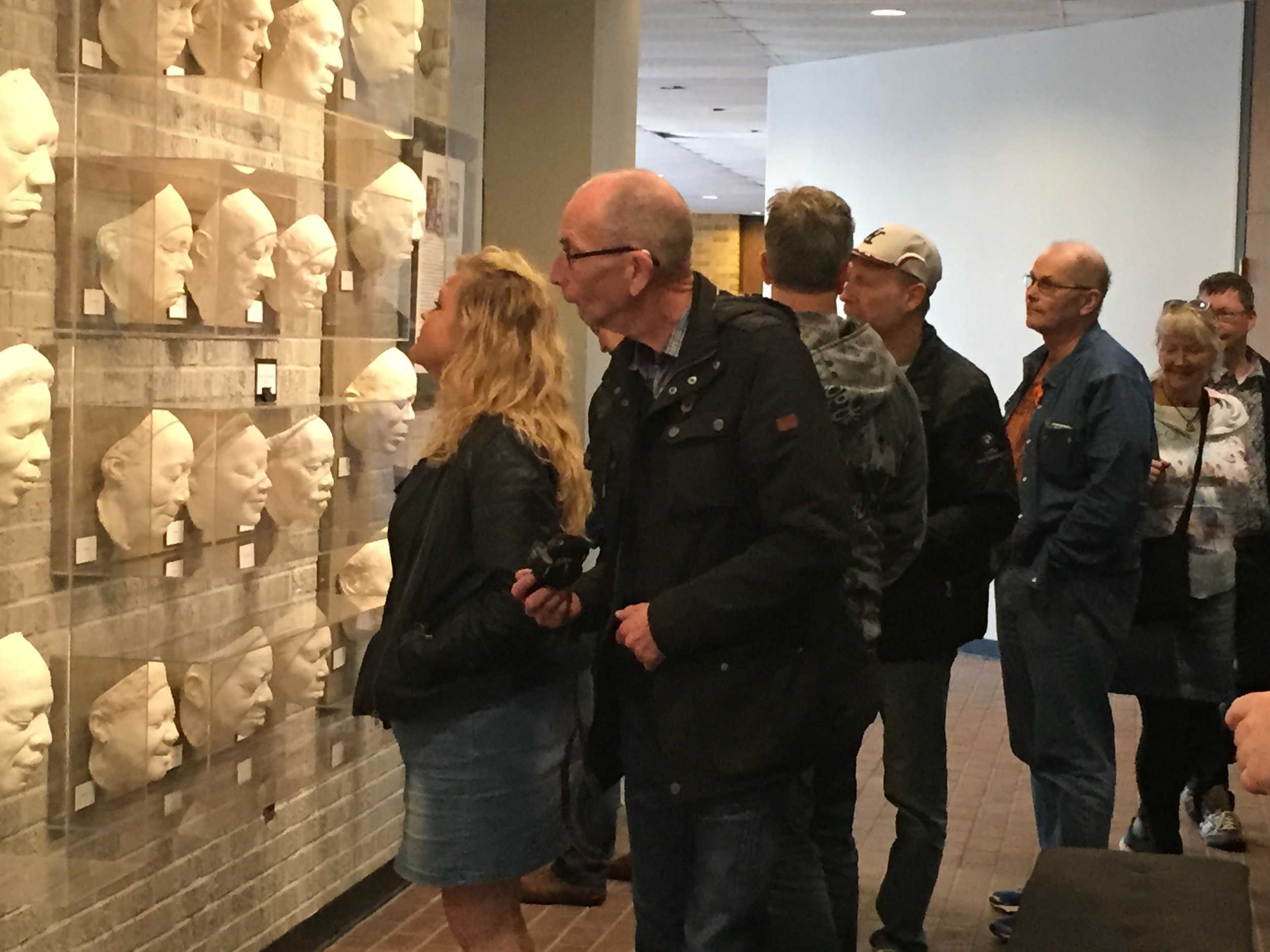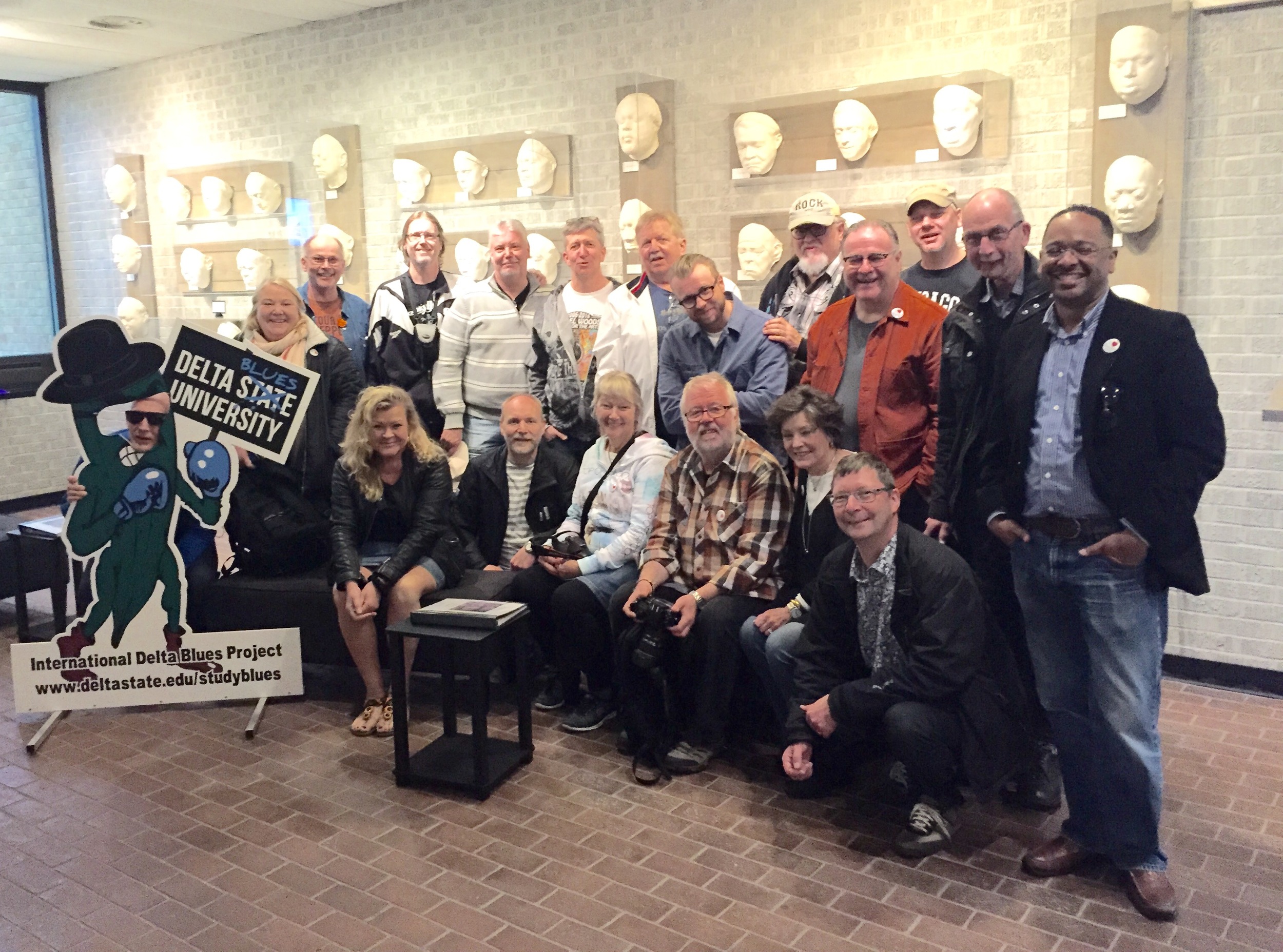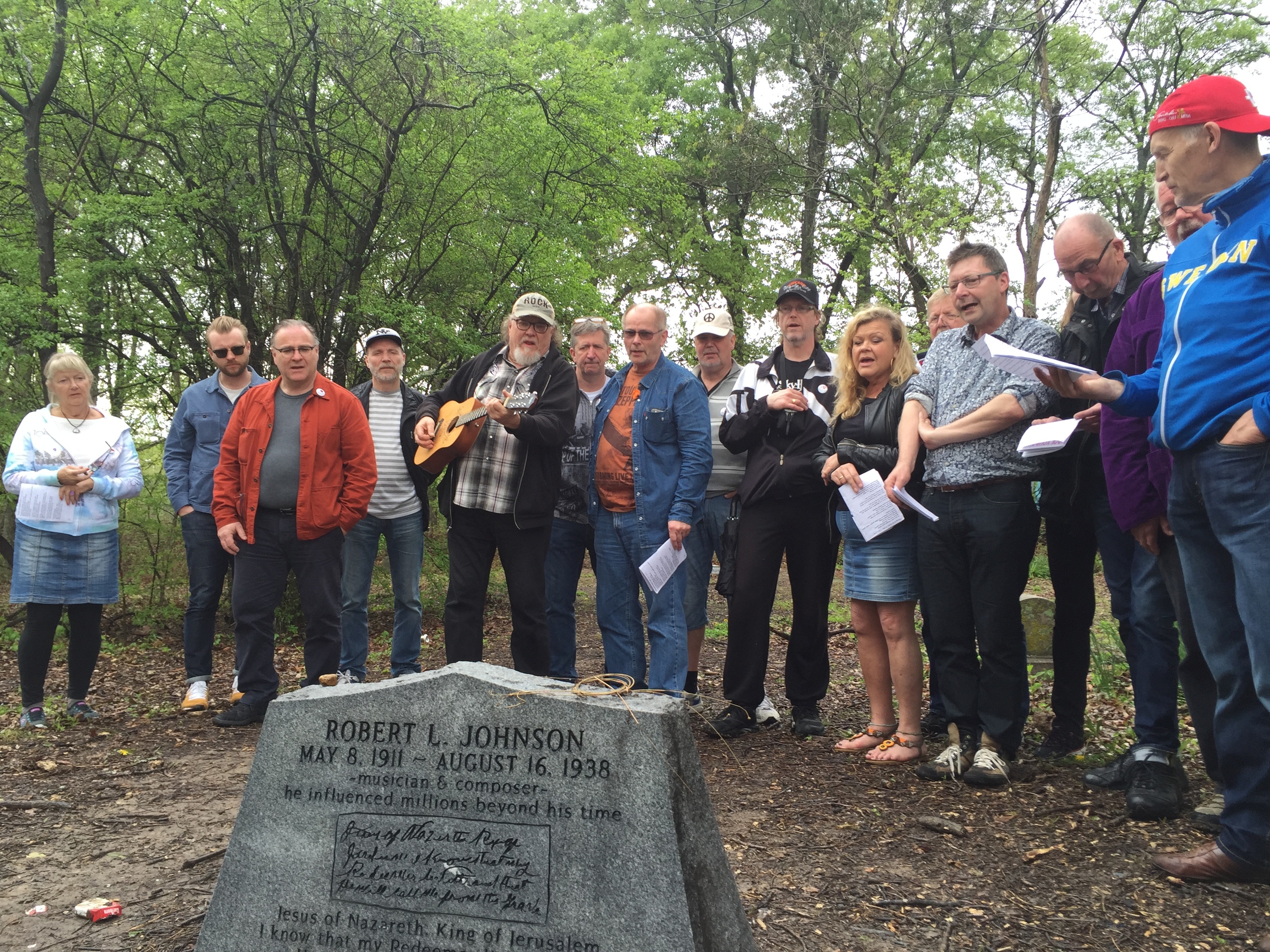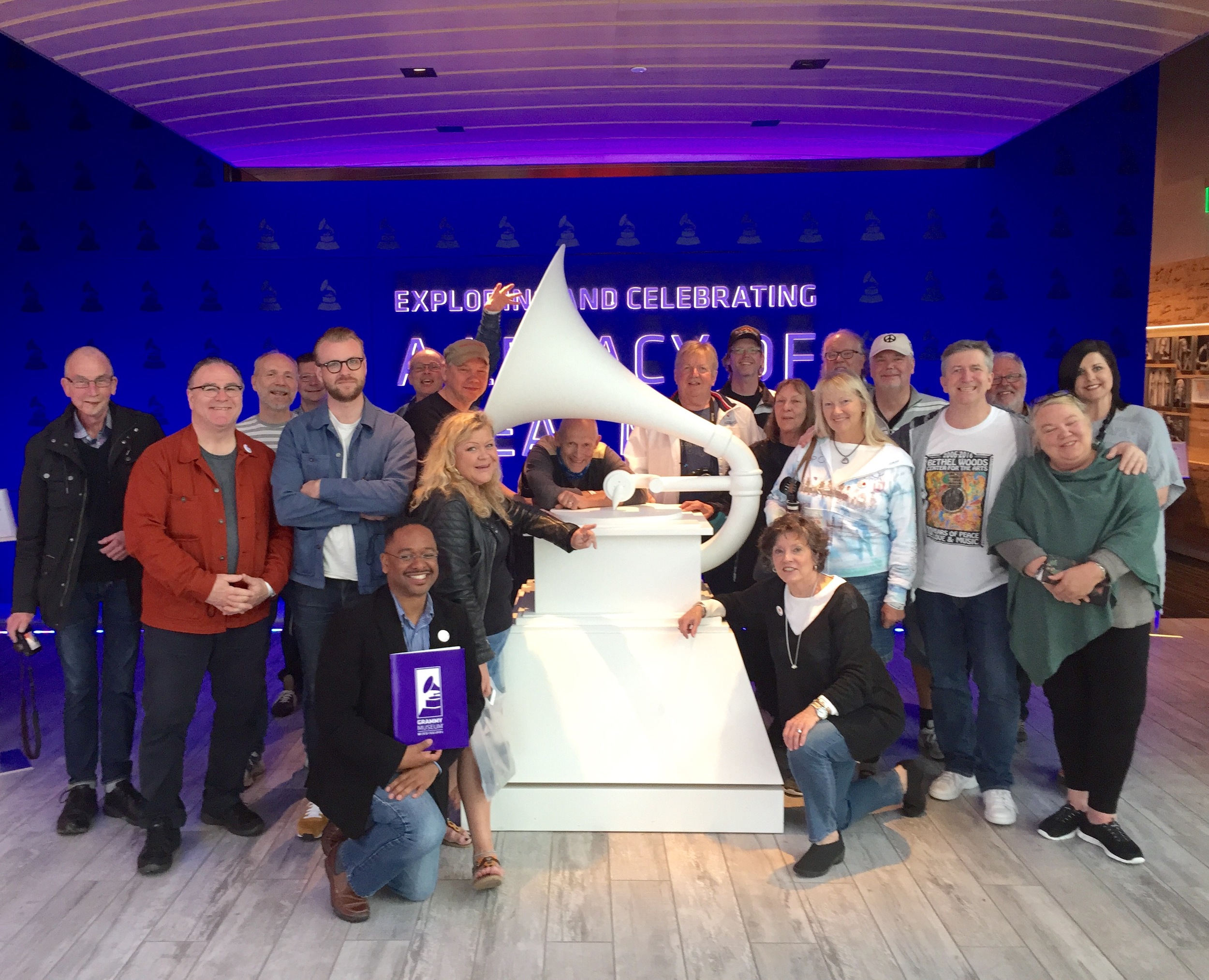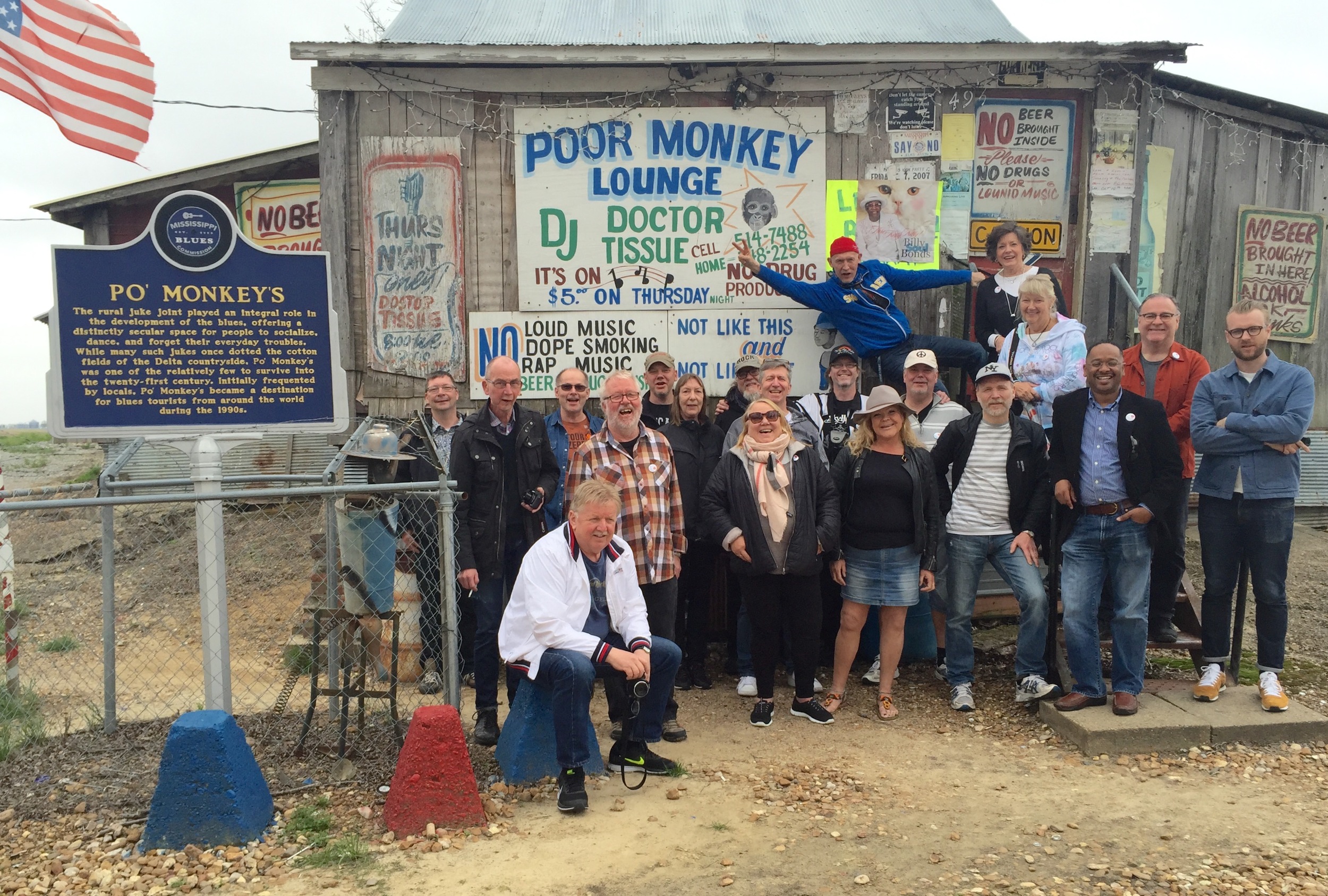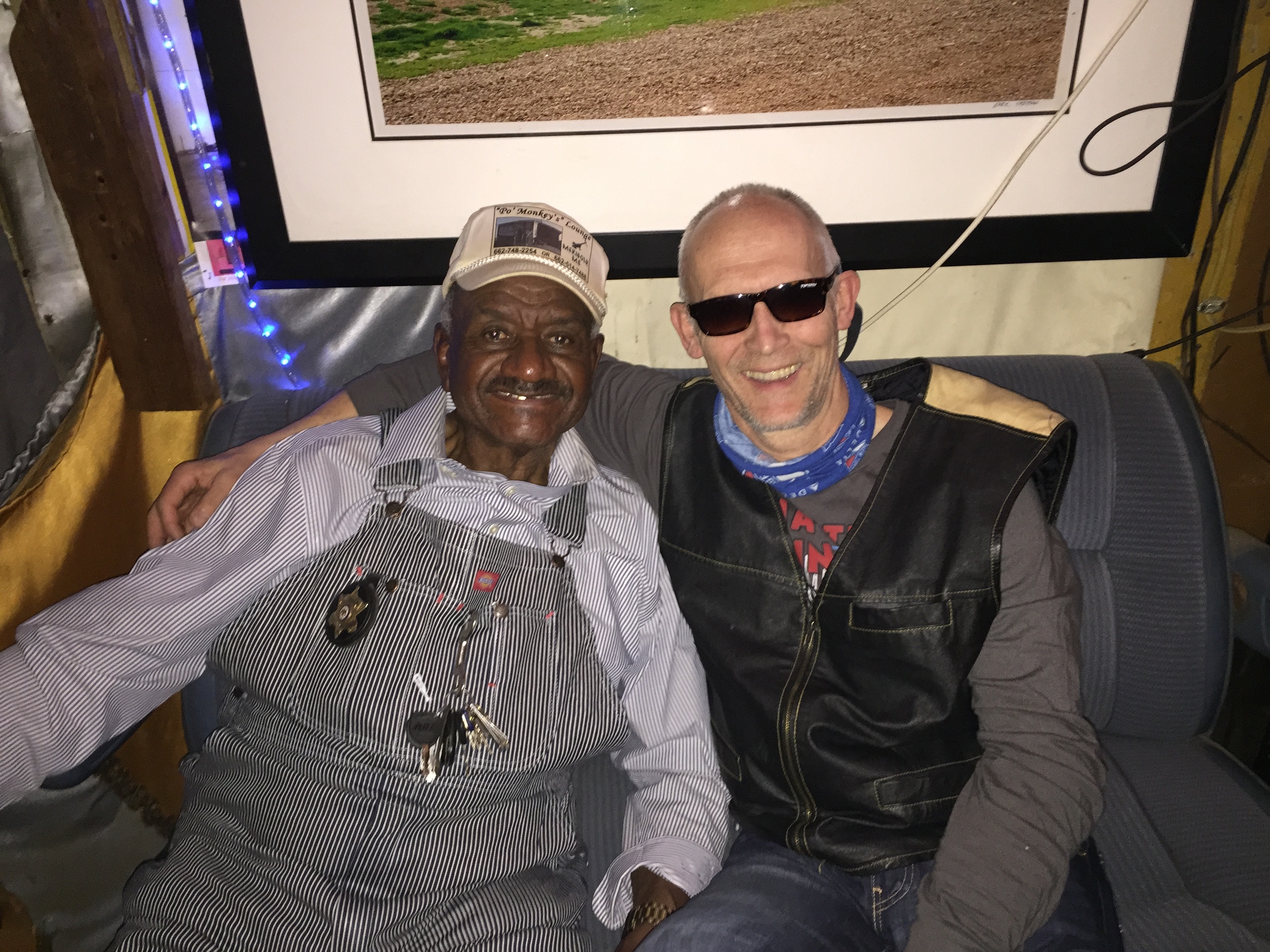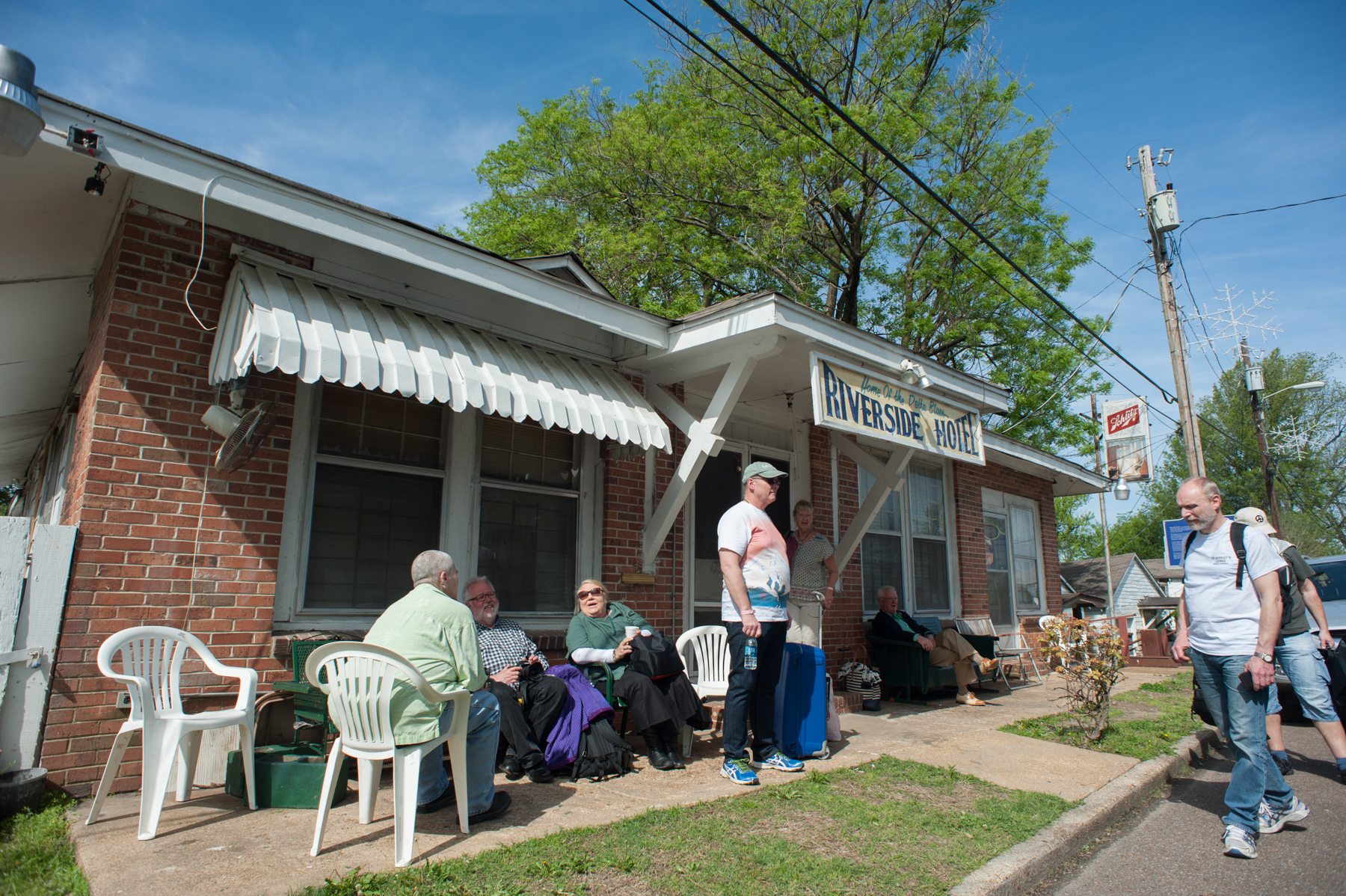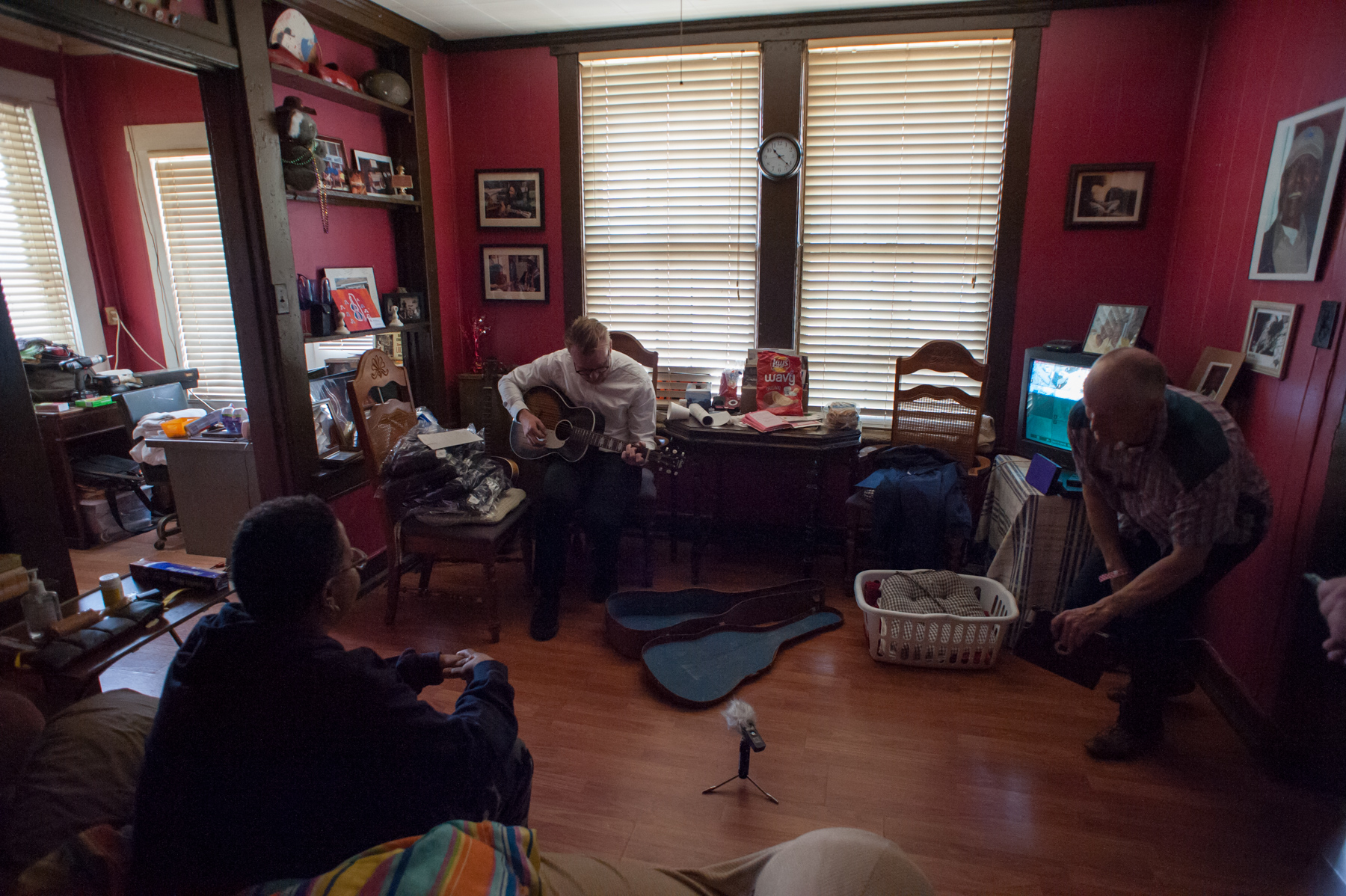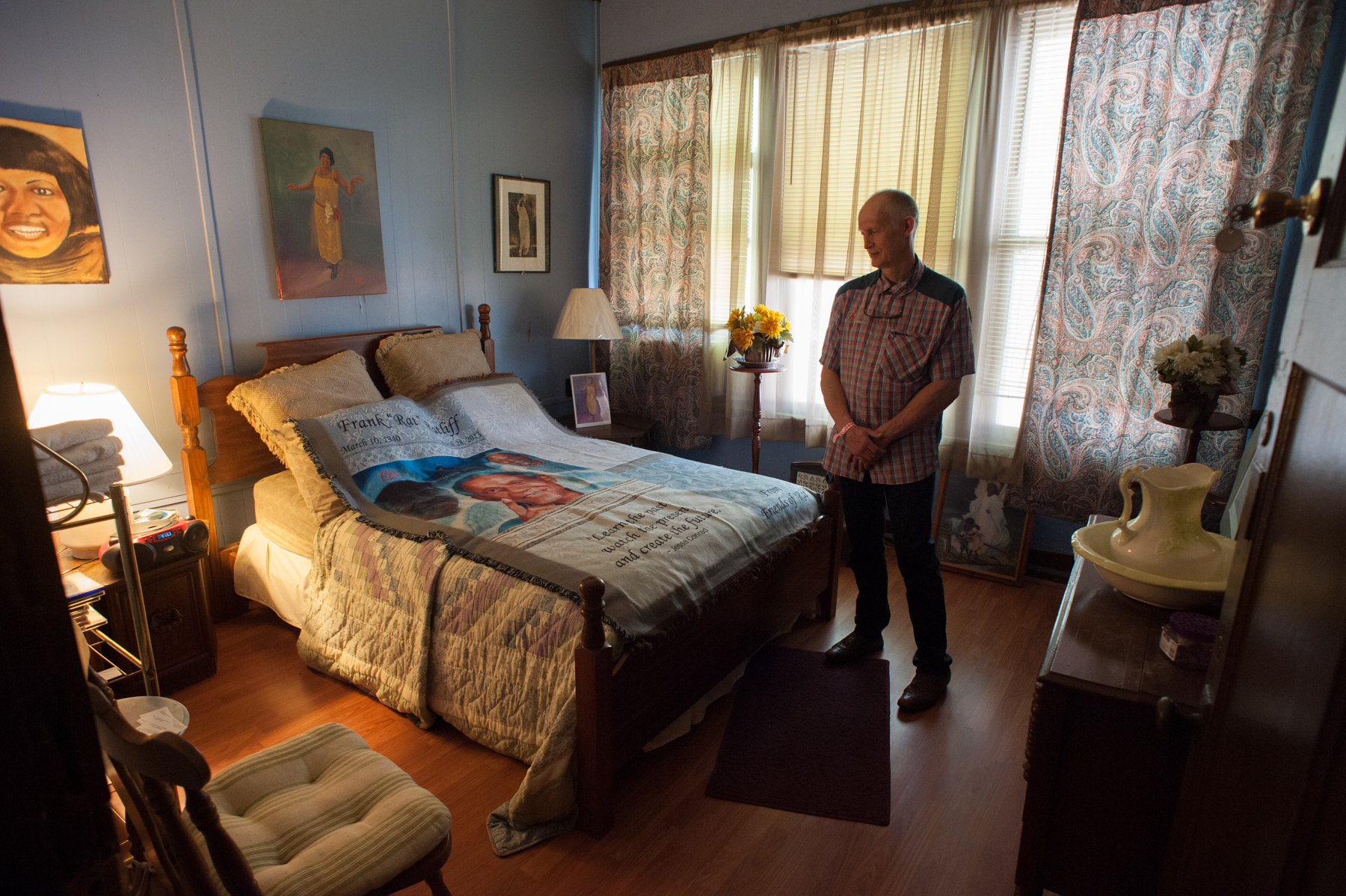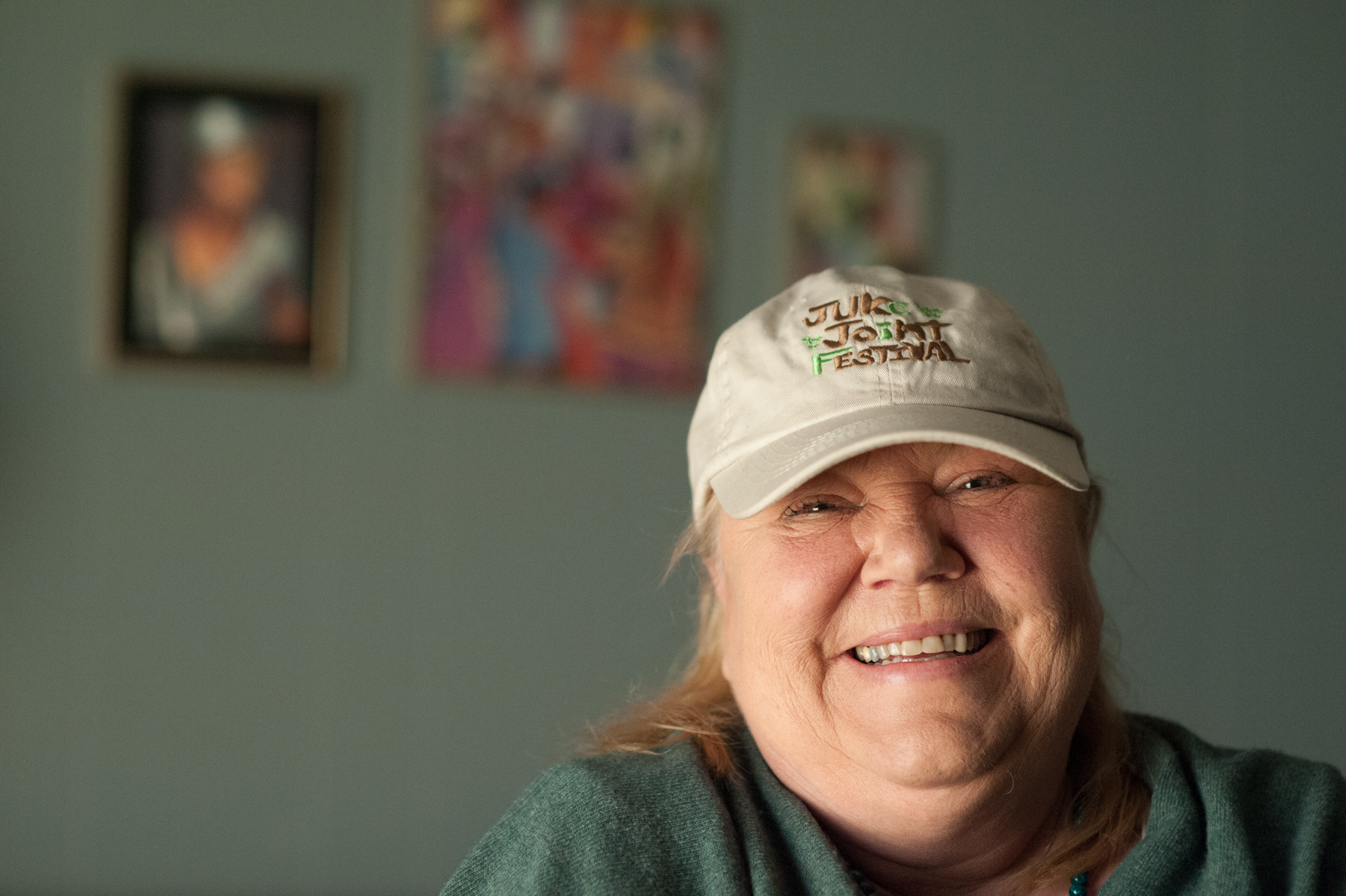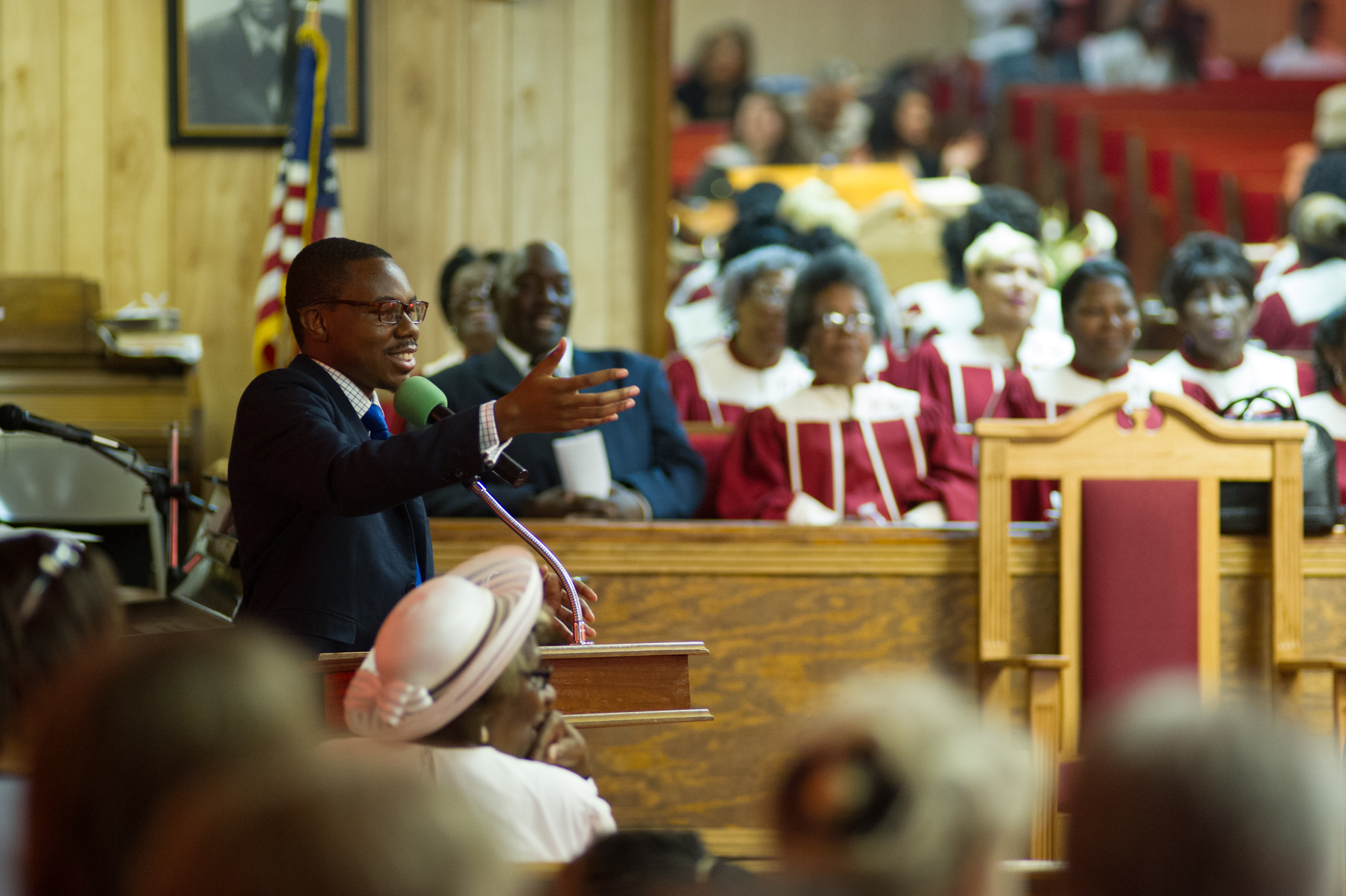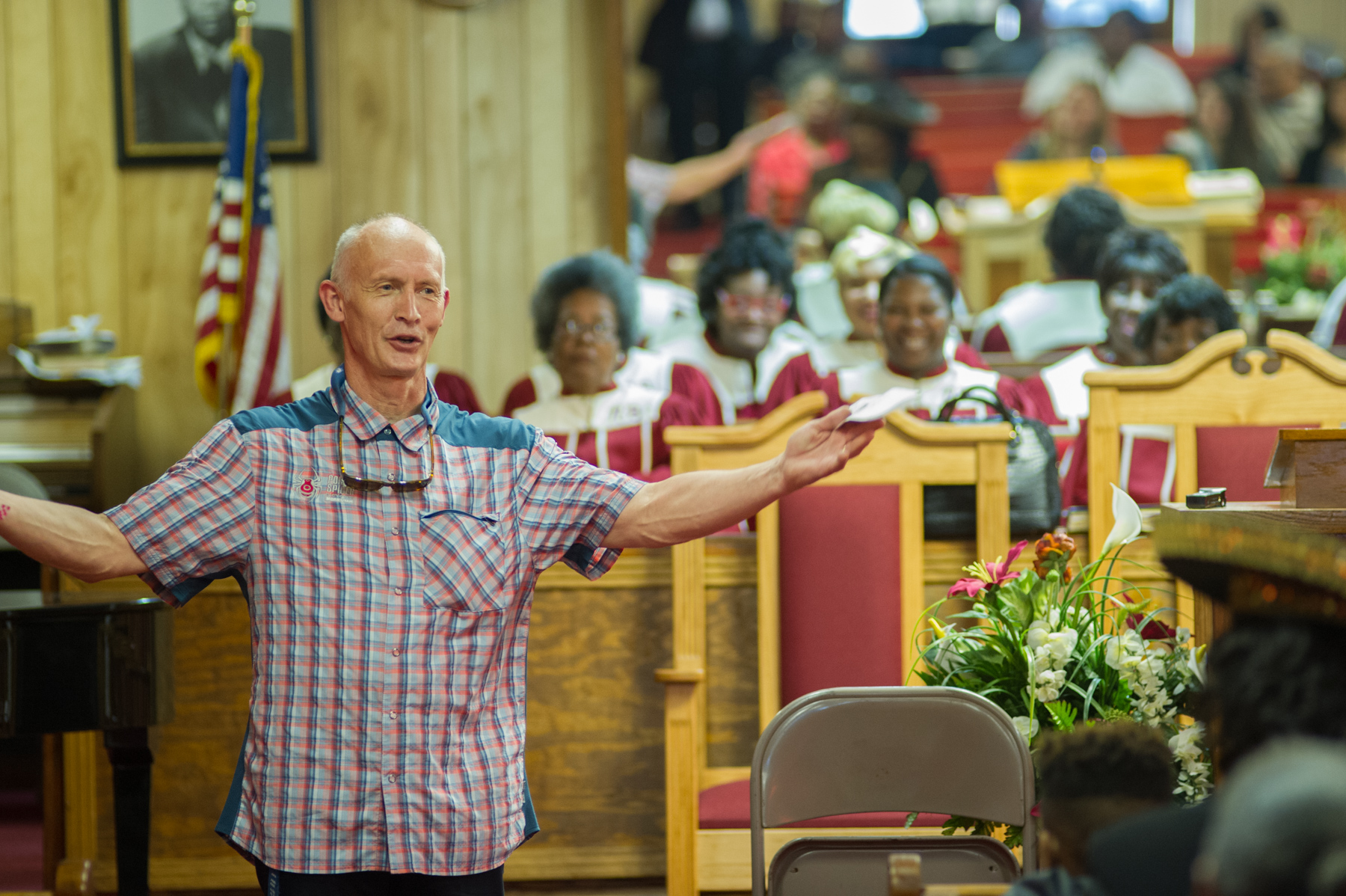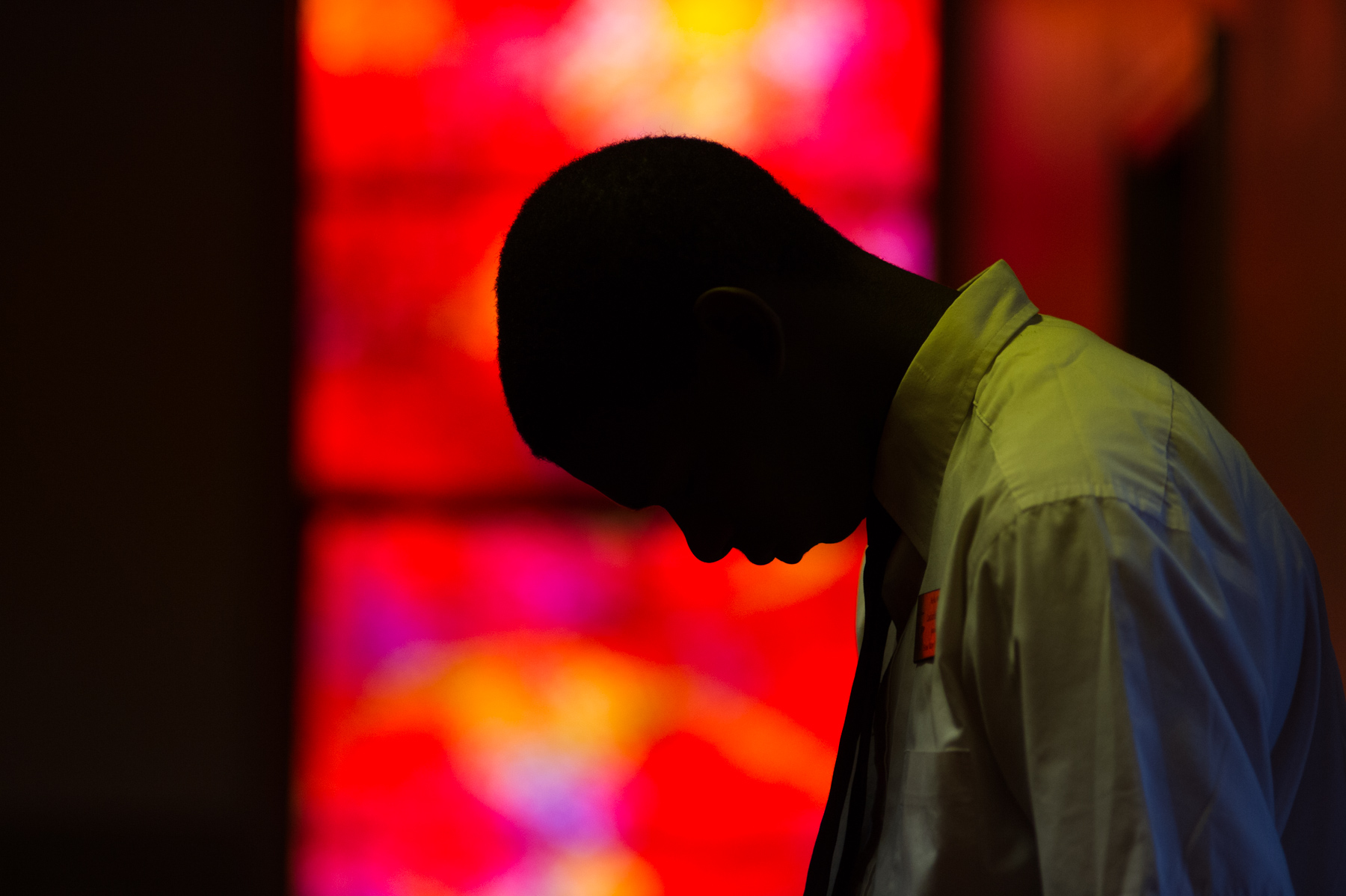On June 10 the Louisiana State Penitentiary Museum in Angola will host the symposium “Angola Bound Revisited: Prison Music of Louisiana,” which addresses the history of music at the infamous prison, which is bordered by the Mississippi River. In addition to talks by scholars, there will be performances by current prison bands and an appearance by Charles Neville of the Neville Brothers, who spent time in Angola as a resident.
The musical heritage of Angola Penitentiary is best known due to work of father and son folklorists John A. and Alan Lomax, who discovered the musician Huddie “Lead Belly” Ledbetter there during a 1933 visit. Following his release, Ledbetter traveled with the Lomaxes, and became an influential performer in folk music circles.
But why were the Lomaxes at Angola to begin with? Folklorists are often interested in older cultural expressions that are fading out due to the passage of time and people’s adoption of newer cultural trends, and the Lomaxes—as well as other folklorists—sought out prisons because of their relative isolation from modern media and pop culture.
For many decades Angola, like the Mississippi State Penitentiary at Parchman, was run as a working plantation, and inmates toiled at farm work and tasks including clearing ground and chopping timber using simple technology. Likewise, they were largely shut off from popular culture in the form of radio and records, and had to entertain themselves, sometimes via songs that stemmed back to the 1800s.
Ledbetter, with his enormous repertoire of blues, ballads and children’s songs, was a relative exception, and the more common recordings made by the Lomaxes and others were of the songs prisoners sang to accompany work. The following film, made by Pete and Toshi Seeger at a Texas penitentiary in the 1960s, demonstrated how workers used song to coordinate tasks as well as to pass the time.
In 1933 John A. and Alan Lomax also visited Parchman, John Lomax recorded blues pioneer Booker White there in 194, and Alan would return there in the late 1940s and in 1959. The Lomaxes captured powerful recordings of prisoners performing blues, group work songs and “field hollers” – unaccompanied work songs – such as this “levee camp holler” by Johnny Lee Moore
To find out more about this history of music at Parchman, you can visit the webpage [ http://msbluestrail.org/blues-trail-markers/parchman-farm ] for the Mississippi Blues Trail marker that’s placed on Highway 49 across the main gate from Parchman, which is about 25 miles away from Delta State.
Dust-to-Digital's box set of Alan Lomax recordings from Parchman can be found here.
Last year the Dust-to-Digital label also issued a beautifully packaged boxed set of Lomax’ late ‘40s and 1959 recordings at Parchman, featuring essays and many photos from inside the infamous penitentiary.
Facebook link to symposium - To find out more about the conference, visit their Facebook event page: https://www.facebook.com/events/1299718390056944/



